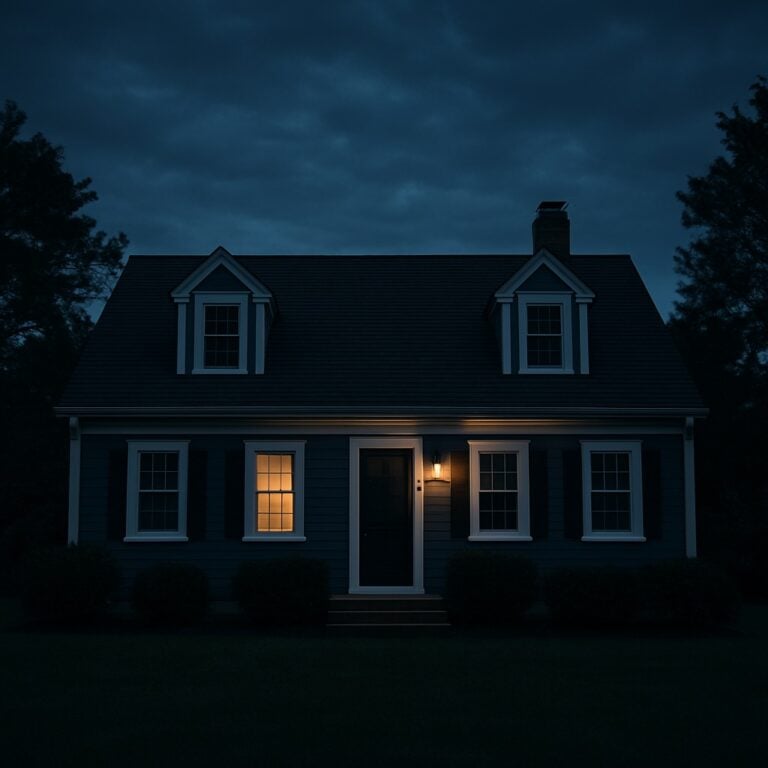Antidepressants aren’t the only answer—especially when your relationship is part of the pain.
Around 16% of people in the US experience depression at some point in their life cycle. About 7% of Americans at any given time are clinically depressed.
When depression takes hold in a marriage, it affects more than mood—it erodes connection, intimacy, and trust. And while medication is often the default prescription, research increasingly shows that couples therapy may be one of the most effective, overlooked tools for healing both the individual and the relationship.
The Overlooked Link Between Depression and Relationship Distress
Mental health professionals have long known that marital strife and depression go hand in hand. In fact, people in troubled relationships are three times more likely to be diagnosed with major depression than those in stable ones.
But here’s the kicker: Depression doesn’t just result from relationship distress—it also causes it.
A depressed spouse may withdraw, lash out, or seem indifferent, leaving the non-depressed partner confused, resentful, or hopeless. Even well-meaning attempts to help can be misread as nagging or pressure. The result is a painful cycle of isolation and misunderstanding.
This is not just a communication problem. It’s a bi-directional emotional disorder—one where both partners are affected, even if only one meets the clinical criteria.
What the Research Actually Says About Couples Therapy and Depression
Couples therapy isn’t just about resolving conflict—it’s increasingly being recognized as a first-line treatment for mild to moderate depression.
We know that almost half of all couples requesting couples therapy have at least one depressed spouse.
Key Findings:
- Antidepressants alone often underperform for mild/moderate depression1
- Distressed couples are at elevated risk for major depression2
- Couples therapy improves depression outcomes, even more so when relationship strain is a major factor4
- Women with severe depression show the greatest benefit from couples-based approaches 5
Even undergoing a structured Gottman assessment—without ongoing therapy—has been shown to boost mood and marital satisfaction.4
This tells us something profound: Working together on the relationship may be more effective than working alone on symptoms.
The Danger of Feeling Unsupported
You don’t have to be alone to feel lonely. In fact, being in an unsupportive marriage is a stronger predictor of depression than living alone.
That’s the striking conclusion of a decade-long study led by Dr. Alan Teo, a psychiatrist and researcher at the University of Michigan. The research followed more than 4,600 participants for 10 years, tracking the quality of their closest relationships, levels of social stress, and eventual onset of depressive symptoms.
Here’s what the study found: • Individuals who perceived their partners as unsupportive were significantly more likely to develop major depression—even more so than people with minimal or no close relationships. • Among participants who reported poor spousal support, 1 in 7 developed depression. • But among those facing high stress and reporting high-quality relationships? Only 1 in 15 became depressed.
“This was the first study to show that it’s not just the presence of a partner that matters—it’s the quality of that relationship,” said Dr. Teo. “Health care providers should ask patients how they rate their relationship, not just whether they’re in one.”
Even more surprising? A sense of social isolation wasn’t nearly as predictive of depression as being married to someone perceived as critical, emotionally unavailable, or dismissive.
In other words, the emotional climate inside a marriage has more impact on your mental health than being single does.
Why Couples Therapy Works When One Partner Is Depressed
Couples therapy doesn’t just “make you talk about your feelings.” Done well, it helps both partners:
- Learn how depression alters perception and creates emotional distance
- Gain skills to validate, support, and re-engage one another
- Identify and soften negative cycles like withdrawal, criticism, or stonewalling
- Rebuild shared rituals, goals, and appreciation
- Shift from blame to teamwork
Dr. John Gottman found that 69% of conflicts in relationships are perpetual—rooted in personality differences, not poor character or lack of love. Therapy helps couples move from gridlock to dialogue.
The Role of Attachment, Responsiveness, and Connection
Research has found a direct link between relationship satisfaction and depression levels in both partners. This connection is heavily influenced by:
- Whether a partner feels seen and heard
- Whether the other partner is accessible and emotionally responsive
- How well couples maintain secure attachment during difficult periods
In plain terms: When we feel our partner is “with us”—attuned, supportive, and engaged—depression lifts. When we feel alone in the struggle, it worsens.
“‘Unsupportive’ doesn’t always look cruel. It can look like being too busy. Or never asking about your partner’s goals. Or rolling your eyes when they share something that matters to them.” —Marisa Mundey, CTI Clinician”
Small Changes, Big Impact
Couples therapy doesn’t need to produce dramatic revelations to be effective. Small, intentional changes can shift the entire emotional climate:
- A 10-minute daily check-in about how you’re really doing.
- Planning shared enjoyable activities to combat isolation.
- Expressing appreciation daily to combat negativity bias.
These minor shifts can break the cycle of silence and resentment, creating the emotional lift both partners need to feel more hopeful.
Depression makes us feel helpless. Connection makes us feel seen. Therapy bridges the two.
When to Seek Couples Therapy for Depression
Couples therapy is especially appropriate when:
- Depression is straining the relationship
- You’re unsure how to help your partner
- Attempts to support them result in conflict
- The non-depressed partner feels alone, resentful, or burned out
- Communication patterns are increasingly reactive, withdrawn, or cold
Therapy helps couples find the words—and the warmth—when depression makes both scarce.
Being in an unhappy marriage is more dangerous to your health than living in isolation.
Final Thoughts: Why Working Together Works Better
You don’t need to be perfect partners. But you do need to be present partners.
Couples therapy offers more than symptom relief. It offers a roadmap for resilience—teaching you both how to show up with compassion, stay connected under pressure, and rebuild trust and support even when mental health falters.
It’s not just about feeling better. It’s about healing together.
Are you wondering if couples therapy might help with depression in your marriage? We specialize in working with couples struggling to stay connected through mental health challenges. Explore our process here.
Footnotes
1. Kirsch, I., Deacon, B.J., Huedo-Medina, T.B., Scoboria, A., Moore, T.J., & Johnson, B.T. (2008). Initial severity and antidepressant benefits: A meta-analysis of data submitted to the Food and Drug Administration. PLoS Med, 5 (2), 45.
2. Whisman, M.A. (1999). Marital dissatisfaction and psychiatric disorders: Results from the National Comorbidity Survey. Journal of Abnormal Psychology, 108, 701–708.
3. Gottman, J.M. (1994). Why marriages succeed or fail. New York: Simon & Schuster.
4. Gray, T D., Hawrilenko, Cordova M., J. V. (2020). Randomized Controlled Trial of the Marriage Checkup: Depression Outcomes. Journal of Marital and Family Therapy 46(3): 507–522.
5. Novak, J. R., Sandberg, J. G., Davis, S. Y. (2017). The Role of Attachment Behaviors in the Link between Relationship Satisfaction and Depression in Clinical Couples: Implications for Clinical Practice. Journal of Marital and Family Therapy, 43, 352–363. doi: 10.1111/jmft.12201







